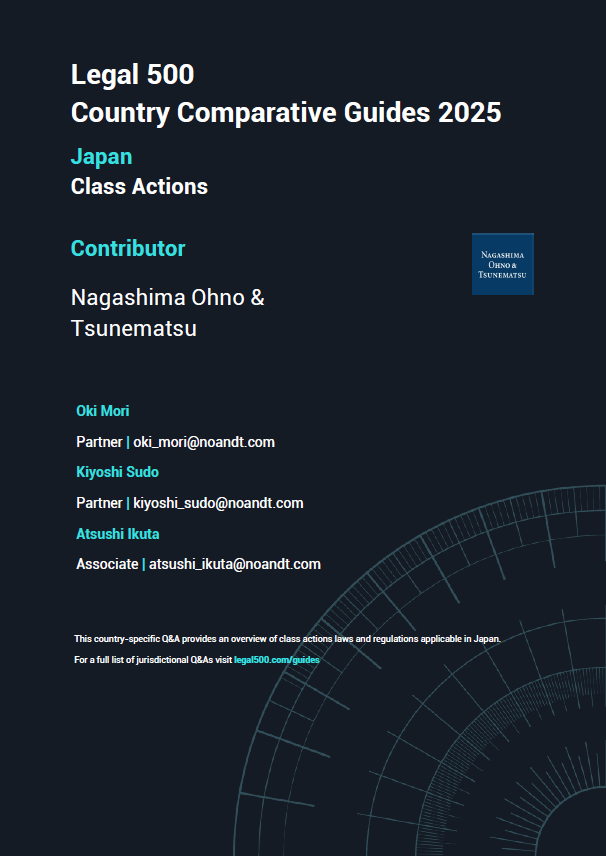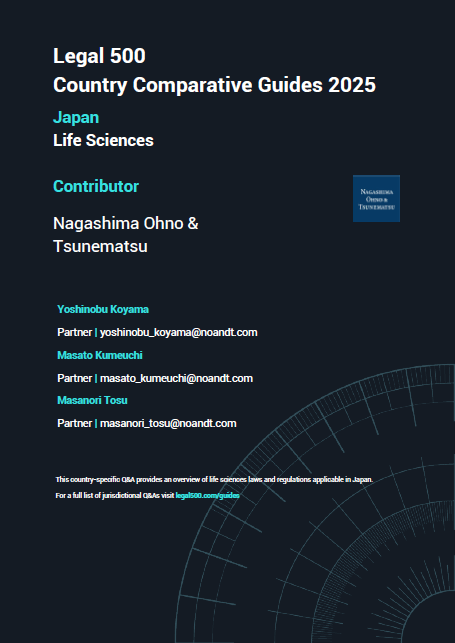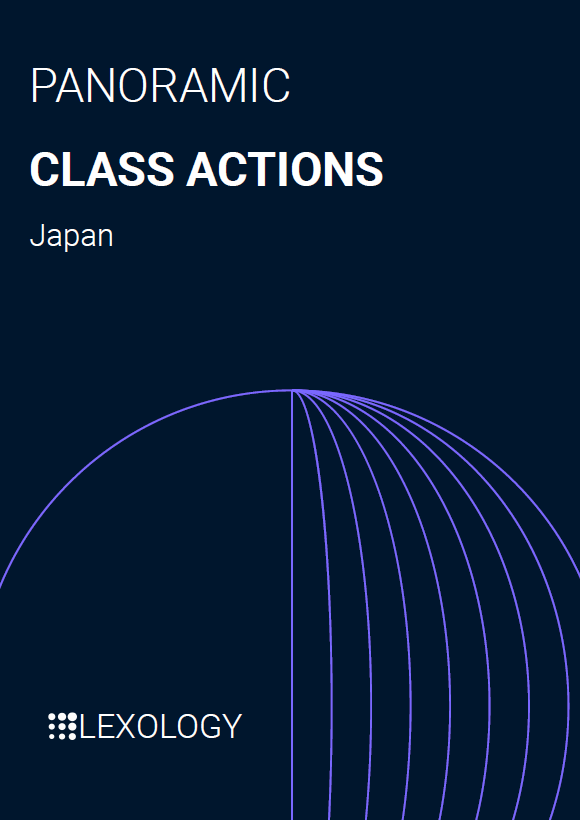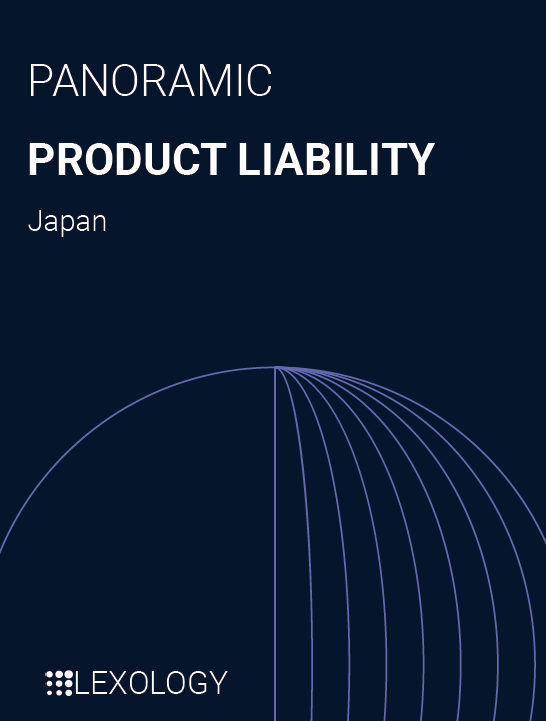
NO&T Asia Legal Review
The enactment of the draft Liability for Defective Goods Act or so-called “Lemon Law” (the “Lemon Law Bill” or “Bill”) in Thailand has been a long discussion since its initial approval in principle by the Cabinet on 22 November 2022. Despite several rounds of public hearings and consideration by relevant authorities, the Lemon Law Bill has not yet been enacted. In 2023, the Lemon Law Bill was again proposed by the Office of Consumer Protection Board under the Office of the Prime Minister of Thailand for public hearing. As of June 2024, an updated version of the Bill, which has been examined by the Council of State, was undergoing the public hearing from 24 May 2024 until 26 June 2024.
The requirement of a legal infrastructure to ensure products’ safety and quality is not a new concept under Thailand’s legal system. The Consumer Protection Act of 1979, for instance, recognizes the consumers’ right to enjoy safe products or services and imposes a general duty on all business entrepreneurs to provide only safe products or services to consumers. Additionally, the Industrial Product Standards Act of 1968 also designates quality standards which specific industrial products must comply with before being manufactured or imported into Thailand.
In terms of compensation for injury caused by defective products, sellers of products are liable for any defect which impairs the value, fitness for ordinary purposes or for the purposes of the sales contract under the principle of defect liability under Section 472 of the Civil and Commercial Code of Thailand. Furthermore, consumers who suffered damage to body, health, mind or property may seek compensation from “business entrepreneurs”※1 under the Liability for Damages Arising from Unsafe Product Act of 2008 or commonly known as the Product Liability Act. Under the said Act, the principle of strict liability applies to business entrepreneurs who are liable for any damage caused by unsafe products, regardless of their intention or negligence.
Although the above legal regimes recognize the importance of product safety and provide remedies for consumers who suffered injury from unsafe products, there is still no specific law which recognizes the right of the consumers to demand exchanges, repairs or discount price for defective products or imposes a legal duty on product sellers to provide quality assurance for a specific length of time. Given this, the Lemon Law Bill is important to further enhance the protections offered to consumers.
The followings are the key takeaways from the most recent Lemon Law Bill which are disclosed for the public hearing until 26 June 2024:
The current Lemon Law Bill broadens the scope of parties subjected to the Bill from “business entrepreneurs and consumers” in the previous draft to “sellers and buyers”, hence the scope of application of the Lemon Law extends more broadly to any seller and buyer who sells and purchases products. In this regard, under the current Bill, a “Seller” is defined as “a seller of products in an ordinary cause of business”, and a “Buyer” shall include “any person who receives a transfer of or assumes a right in products from an original buyer”.
In case of general products, the Seller shall be liable for any defect in the product which exists at the time of the delivery (“Defect”) if such Defect impairs the value or fitness of the product to its objective under the contract, or its ordinary usage, or any other objectives in accordance with the information disclosed to the public by the Seller.
If any Defect is discovered within six months from delivery, it shall be presumed that such Defect has existed since the time of the delivery. In this regard, any contract made in advance between the Seller and the Buyer imposing liability different than the liability under the Lemon Law Bill and which deems disadvantageous or imposes burden on the Buyer shall become void.
If the Seller is found to be liable for Defect, the Buyer shall have the right to demand repair, exchange, discount price or to terminate the sales contract with the Seller. In case of a non-material Defect, the Buyer must invoke the right to demand for repair first, followed by exchange, discount price or termination of the sales contract in order.
In response to the demand for repair, exchange or discount price by the Buyer, the Seller has the option to repair or exchange the products (as the case may be) by considering the reasonableness or cost to meet such demand. In case the Seller fails to fulfill the demand for repair and exchange, the Buyer shall have the option to demand for the discount of price and demand for the termination of the sales contract as the last resort.
Regardless of the order of demands stated above, in case that a material Defect is discovered within seven days from delivery, the Buyer shall be able to directly demand the exchange of products. If the Seller fails to comply all of the preceding demands, the Buyer may also terminate the sales contract with the Seller.
Persons who provide financial loans to a Buyer to purchase products, whether through (i) executing a hire-purchase agreement or (ii) providing loan where the price of the products is paid, allowing the Buyer to possess the products and use them as debt collateral, shall also be liable for the Defect in the same manner as a general Seller of the products.
In addition to the liability for defect in general products, the Lemon Law Bill stipulates specific liability for specific types of products, namely, (i) cars and motorcycle, (ii) electronic appliances, electronic devices and devices used as engine (collectively, “Electronic Devices”) and (iii) other similar products which will be designated later under the Royal Decree. The rationale for including these products is that they possess complex qualifications, and their Defects are not easily detectable by the Buyer at the time of delivery.※2 The key points of liability for Defect in specific products are as follows:
The Seller shall be strictly responsible for Defect which appears within the period or mileage of usage (whichever comes first): (i) within one year or 10,000 kilometers of distance from the delivery date, in case of cars or (ii) within six months or within 5,000 kilometers of distance from the delivery date, in case of motorcycles.
In case of a non-material Defect, the Buyer shall have the right to demand for repairing of cars or motorcycles from the Seller, in which the Seller may choose to exchange instead. In case of a material Defect which is not repairable, the Seller may demand for the exchange or the termination of sales contract if the Buyer fails to meet the demand.
Regardless of the rights of the Buyer under item C above, if a material Defect is discovered in Electronic Devices within 14 days from the date of delivery, the Buyer shall be entitled to demand an exchange from the Seller. If the Seller rejects or is unable to exchange the products, the Buyer is entitled to terminate the agreement.
In case of general products, the prescription period for the Buyer to invoke the rights under the Lemon Law Bill shall be one year from the time that the Defect is discovered by the Buyer or from when the Seller accepts the demand from the Buyer to repair, exchange or discount the price of the products. In case of cars and motorcycles or Electronic Devices the prescription period shall be two years from the said date.
In conclusion, the Bill will enhance protection to Buyers in Thailand by establishing additional liability for defective products on the Sellers and granting the Buyers the rights to demand repairs, exchanges, discounts or termination of contract, while imposing corresponding duties on the Seller. Additionally, it will drive improvements in quality control processes for products from the relevant industries to mitigate risks associated with Defects. However, certain issues need to be further addressed in sub-regulations or guidelines, for example, the list of products exempted from the Bill, or the enforcement of the Bill with respect to business-to-business (B2B) transactions.
*1
A “business entrepreneur” shall include, (i) manufacture or hirer of manufacturing, (ii) importer, (iii) seller of goods whose manufacturer, hirer or importer cannot be identified, or (iv) The person who uses the name, trade name, trademark, mark, statement or the person who demonstrates in any manner which can be seen as the manufacturer, hirer or importer. (Section 4 of the Product Liability Act of 2008)
*2
See Memorandum of the Office of the Council of State for the Lemon Law Bill No. 615/2567 in May 2024.
This newsletter is given as general information for reference purposes only and therefore does not constitute our firm’s legal advice. Any opinion stated in this newsletter is a personal view of the author(s) and not our firm’s official view. For any specific matter or legal issue, please do not rely on this newsletter but make sure to consult a legal adviser. We would be delighted to answer your questions, if any.


(June 2025)
Oki Mori, Kiyoshi Sudo, Atsushi Ikuta (Co-author)


(March 2025)
Yoshinobu Koyama, Masato Kumeuchi, Masanori Tosu (Co-author)


Yothin Intaraprasong, Chattong Sunthorn-opas, Thunsinee Sungmongkol (Co-author)


(November 2024)
Oki Mori, Mai Umezawa (Co-author)


(June 2025)
Oki Mori, Kiyoshi Sudo, Atsushi Ikuta (Co-author)


(November 2024)
Oki Mori, Mai Umezawa (Co-author)


(September 2024)
Oki Mori, Akiko Inoue (Co-author)


Nopparak Yangiam, Parot Promkam (Co-author)


Patricia O. Ko


Ngoc Hoang


Yuan Yao Lee


Chattong Sunthorn-opas, Thunsinee Sungmongkol (Co-author)


Patricia O. Ko


Ngoc Hoang


Yuan Yao Lee


Chattong Sunthorn-opas, Thunsinee Sungmongkol (Co-author)


Chattong Sunthorn-opas, Thunsinee Sungmongkol (Co-author)


Yothin Intaraprasong, Yosuke Konno, Naruenad Charoenpakdee (Co-author)


Poonyisa Sornchangwat, Kwanchanok Jantakram (Co-author)


Yothin Intaraprasong, Chattong Sunthorn-opas, Thunsinee Sungmongkol (Co-author)